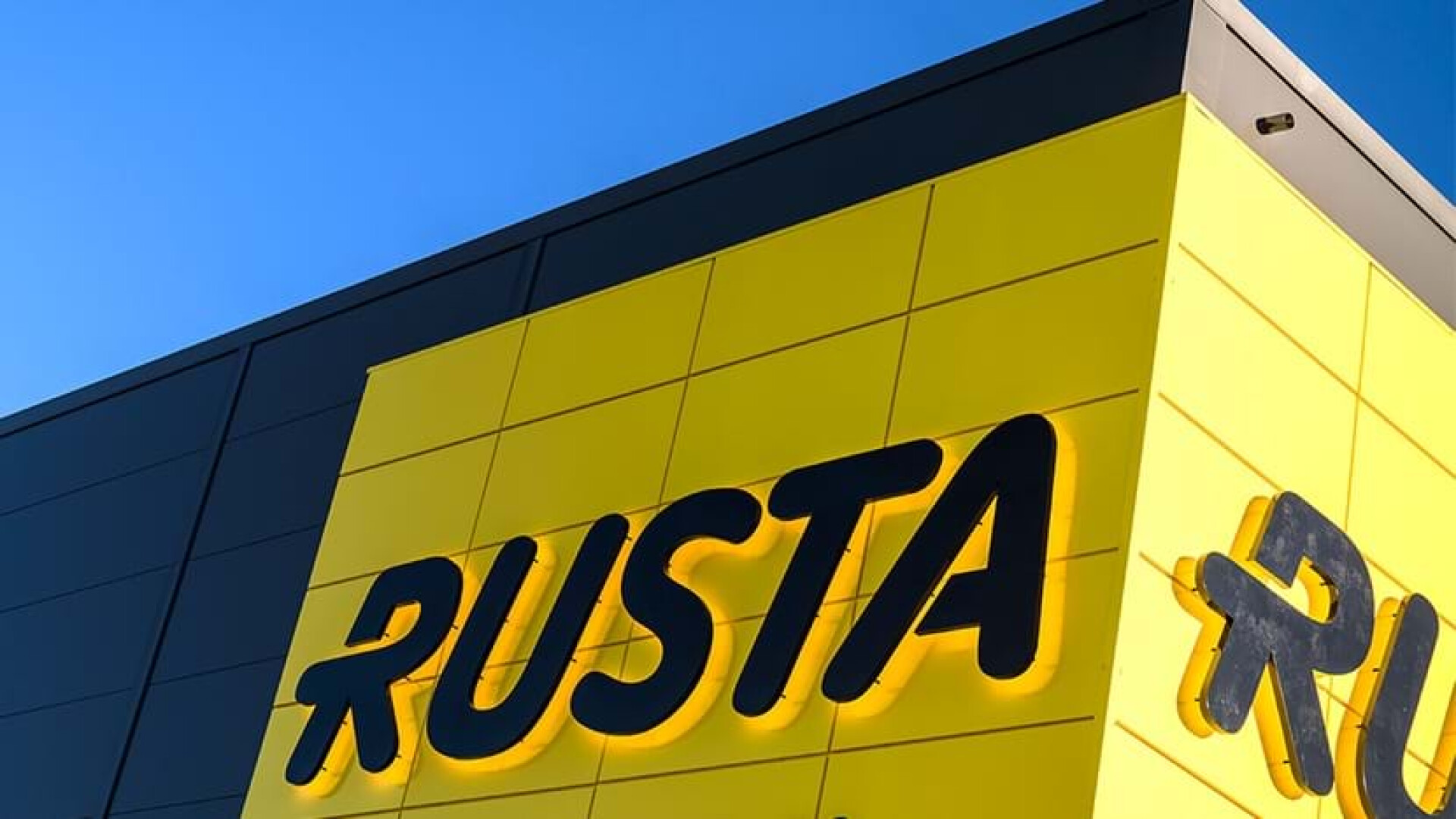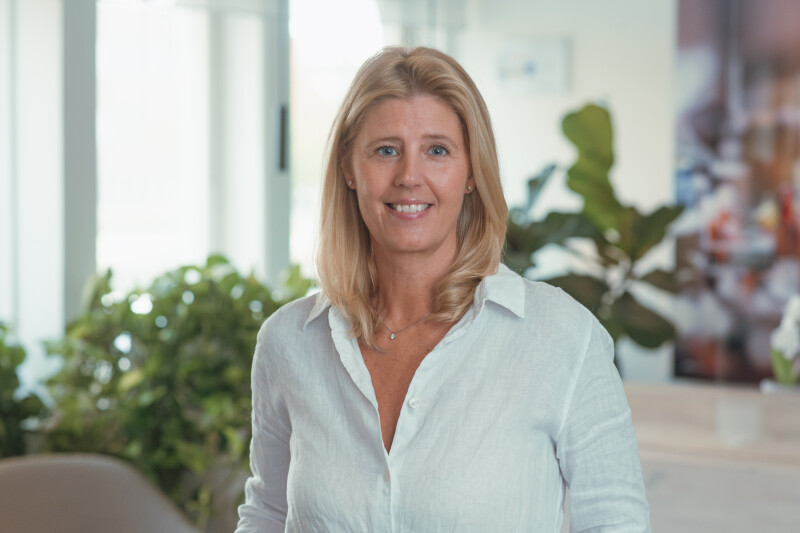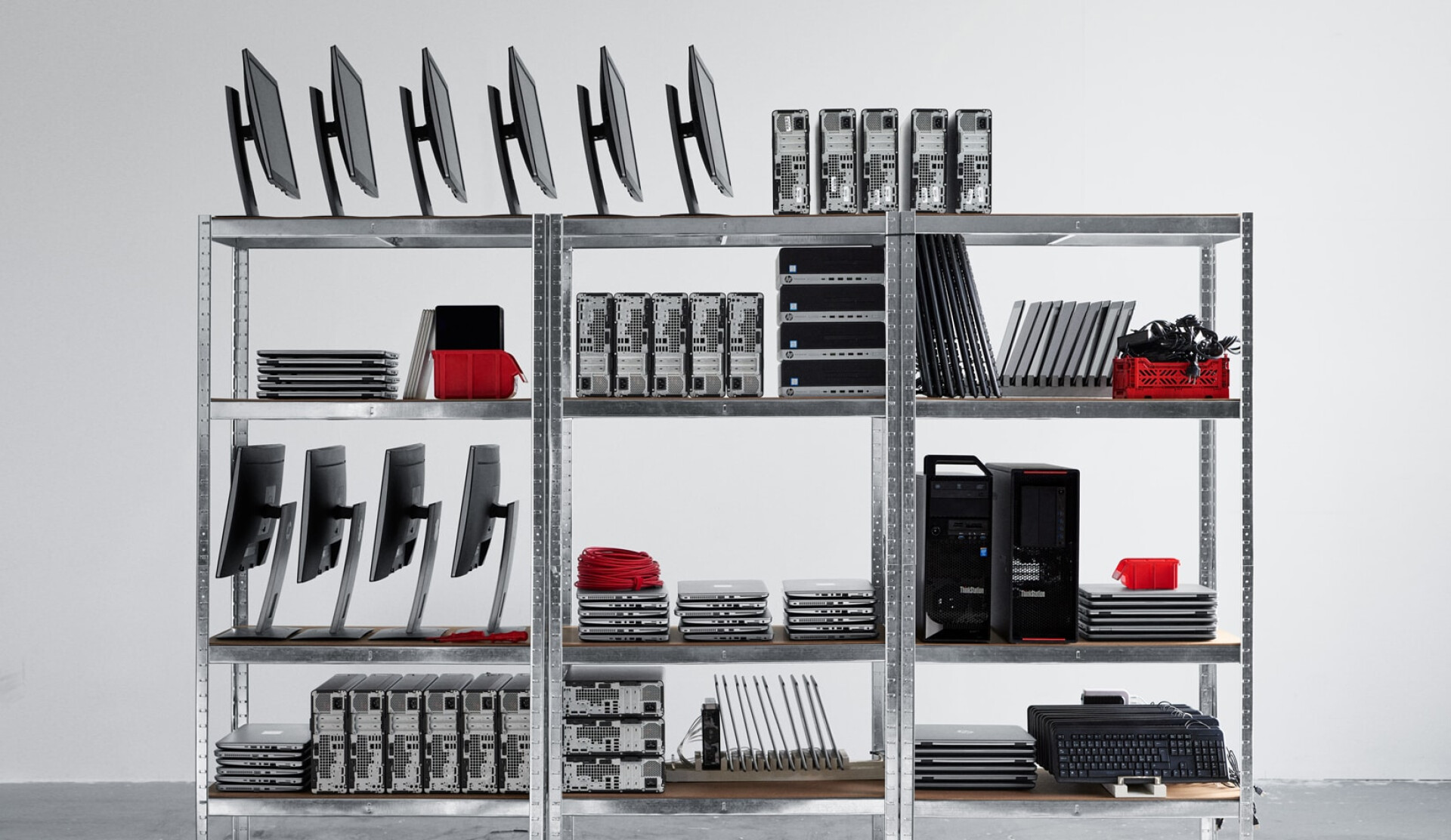Rusta has high ambitions in its sustainability work. The vision is to become the leading and most reliable low-cost retailer in Europe in sustainability and quality. The way to get there? Let the small changes make the big differences in terms of climate and sustainability. Mats Malmberg, Head of Quality and Sustainability, and Mikael Hakkarainen, IT and Operations Manager, tell us more about Rusta's sustainability work and how they work with small means to achieve their sustainability goals.
Rusta is a low-cost retailer with over 4,000 employees in seven countries in both Europe and Asia. Of Rusta's total climate emissions, 70-80% come from the products it sells, both in terms of raw materials and the energy that goes into producing them. Therefore, the main focus of the climate work is to be able to offer customers circular products, as it is clear that this is what plays a major role for the environment.
One of Rustas' values is "Together" which permeates our entire sustainability mindset, that big and small must work together to achieve a sustainable future, says Mats Malmberg. We try to think big and small to set a good example and show the way to circularity and since a year ago Rusta recycles its computers together with Inrego.
Rusta started reusing both electronics and other products from their sales several years ago. These could be defective products from customer returns or from the warehouse. These are sold to a company in Lithuania that can repair the products more profitably than is possible in Sweden. Thanks to this cooperation, 84% of Rustas' defective products are recycled. This then developed into thinking about what they could do with the electronics and IT used internally.
- It started when I got in touch with one of your competitors, says Mats Malmberg. So I talked to Mikael about starting a recollection of our internal IT equipment. Mikael then came back and said he had found a much better company called Inrego. Now we've been working with Inrego for just over a year and we're really happy to be getting the internal IT circle together too.
At the beginning of the partnership with Inrego, Rusta didn't have an asset management system in place, so it didn't know what volumes of hardware it had in-house, or how old it was. Therefore, a flexible logistics solution was required that allowed Rusta to take it at its pace.
- 'I've known for a long time that this type of service existed, but I always thought that Rusta wasn't big enough or had high enough volumes for it to be profitable,' says Mikael Hakkarainen. When you can choose a logistics solution that fits, you don't have to be big. For example, we collect the units here at the office and when we have enough, we order a pick-up from Inrego.
Rusta, like most other companies, is very concerned about IT security. In the past, when IT security was handled in-house, the used computer was taken apart, holes were drilled in the disk and everything went to the garbage or recycling. The fact that Inrego now takes care of security is both safer and the computer can be used again and Rusta can make a profit.
- Many people may think that leaving the device behind is a security risk, but I see many advantages in having an external party empty our computers on an industrial scale," says Mikael Hakkarainen. Then there is less risk of something leaking out than if you do it internally and a bit ad hoc. At the same time, we save both time and money when we don't have to manage the computers ourselves.
- Of course, we pay the cost of logistics and handling, but we always get money back," says Mats Malmberg. It's great that there are this kind of win-win-win solutions where it's good for the environment, Rusta benefits financially while we avoid extra work and Inrego drives circularity.
Rusta wants to be a good citizen whether it's in Sweden, Germany or China. The goal is to become climate neutral by 2045. To achieve this, we need a transformation for everyone, in both large and small ways. Through its climate work, Rusta shows how, with small means, it can make the transition to becoming more climate neutral while working on its main environmental impact in parallel.


